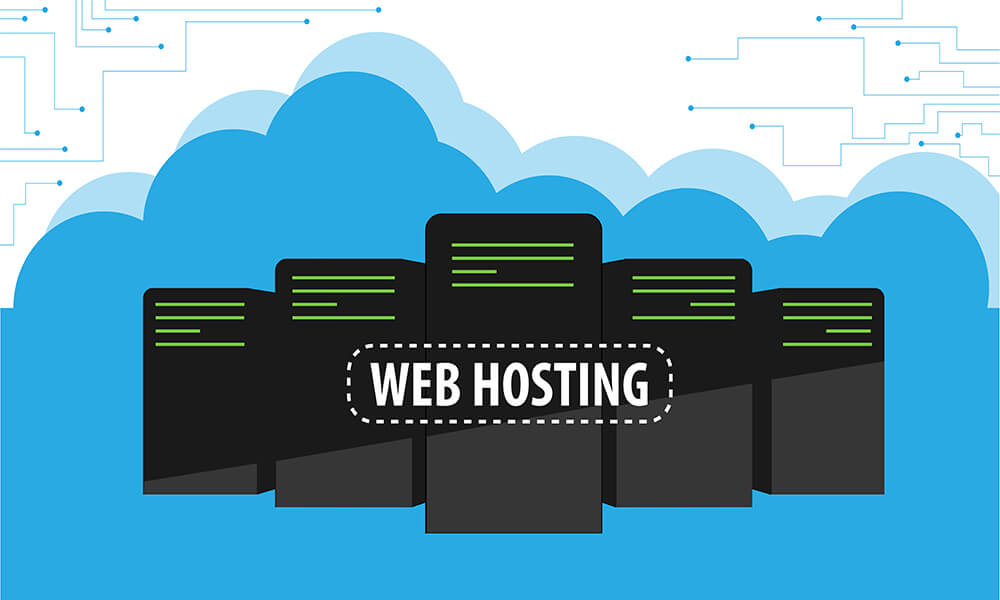Exploring Hosting Plans: Finding the Best Fit for Your Website

There are several types of hosting plans available, each catering to different needs and requirements of website owners. The most common types of hosting plans include: 1. Shared Hosting: Shared hosting is the most basic and budget-friendly option. Multiple websites are hosted on a single server, sharing its resources (CPU, RAM, disk space, etc.). Suitable for small websites or beginners with low traffic and resource requirements. 2. Virtual Private Server (VPS) Hosting: VPS hosting provides a virtualized server environment within a physical server. Resources are divided into virtual machines, giving each website its dedicated share of resources. Offers more control and flexibility compared to shared hosting, making it ideal for growing websites. 3. Dedicated Hosting: With dedicated hosting, you get an entire physical server exclusively for your website(s). You have full control over server configurations and resources. Ideal for high-traffic websites, resource-intensive applications, and websites with specific security or performance needs. 4. Cloud Hosting: Cloud hosting uses a network of interconnected servers to host websites. Resources are dynamically allocated based on demand, ensuring scalability and reliability. Suitable for websites with fluctuating traffic and those seeking high uptime and redundancy. 5. WordPress Hosting: WordPress hosting is optimized specifically for hosting WordPress-powered websites. It often includes pre-installed WordPress, automatic updates, and specialized support for WordPress-related issues. 6. Managed Hosting: Managed hosting takes care of server maintenance and management tasks for you. The hosting provider handles software updates, security, backups, and performance optimization. Ideal for website owners who prefer a hands-off approach and focus on their content and business. 7. Reseller Hosting: Reseller hosting allows individuals to purchase hosting resources in bulk and resell them to clients. Users can create their hosting plans and manage multiple separate accounts from a single interface. 8. E-commerce Hosting: E-commerce hosting is tailored for online stores, providing features like SSL certificates, payment gateways, and shopping cart integration. It focuses on security and performance to handle e-commerce transactions efficiently. 9. Colocation Hosting: Colocation hosting involves renting space in a data center to place your physical servers. You have full control over your hardware while benefiting from the data center's infrastructure, power, and network connectivity. 10. Free Hosting: Free hosting is offered by some providers with limited resources and features. Suitable for personal projects or testing purposes, but not recommended for production websites due to limitations and potential ads. Before choosing a hosting plan, it's essential to assess your website's requirements, such as traffic levels, storage needs, technical knowledge, and budget. Selecting the right hosting plan ensures your website performs optimally, provides a positive user experience, and aligns with your growth objectives.